News and features
Read the latest news and features about our world-leading research, discoveries, fundraising and philanthropy. If you want to keep updated on our news, you can follow us on social media or sign up for our Search newsletter.
If you’re a journalist and want to find out more, you can contact our media relations team.
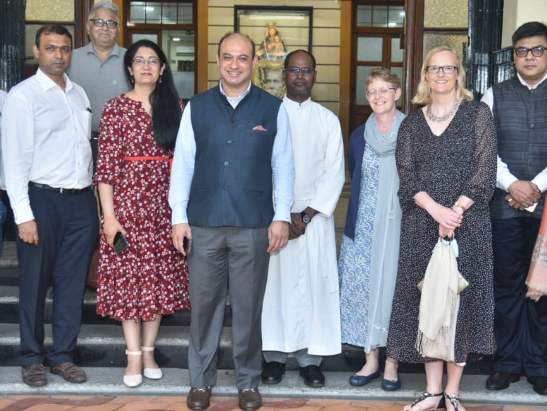
World Cancer Research Day: how international collaborations benefit the global cancer research community
The Centre for Global Oncology will help to to connect and develop cancer scientists around the world.
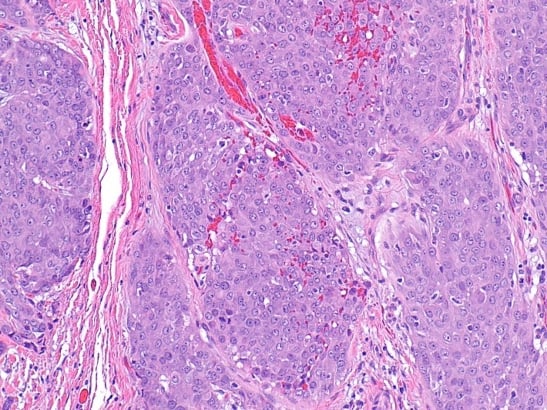
Genetically modified herpes virus delivers one-two punch against advanced cancers
A new genetically engineered virus has delivered a one-two punch against advanced cancers in initial findings from a phase I trial.
-being-attacked-by-two-cytotoxic-t-cells-(red)-547x410.tmb-hbmobile.png?Culture=en&sfvrsn=8f59440b_2)
Deliberately damaging DNA could boost the effectiveness of immunotherapy in kidney cancer
DNA damage is one of the foundational causes of cancer. But researchers have now found that deliberately causing DNA damage – by delivering additional treatments like radiotherapy – could improve the effectiveness of immunotherapy for some people with kidney cancer.

ICR statement on the death of Her Majesty The Queen
It is with deep sadness that The Institute of Cancer Research, London, marks the death of Her Majesty The Queen.
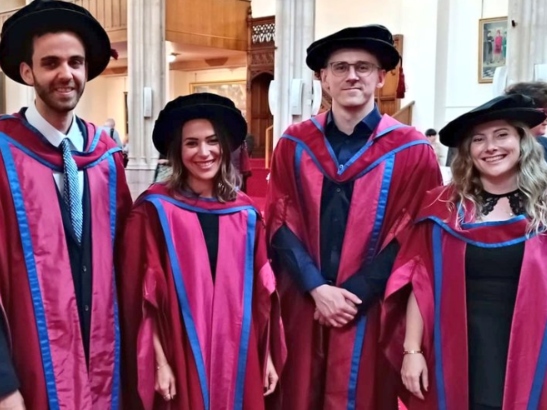
Prizes and celebrations at ICR’s biggest ever student graduation ceremony
At our annual awards ceremony this week, The Institute of Cancer Research, London, celebrated the hard work of our graduating students and recognised their outstanding achievements.

Artificial intelligence unlocks ‘treasure trove’ of billions of cancer samples
Scientists have developed an artificial intelligence (AI) method that could unlock a research ‘treasure trove’ of cancer genomes from billions of preserved tissue samples stored routinely at hospitals over decades.
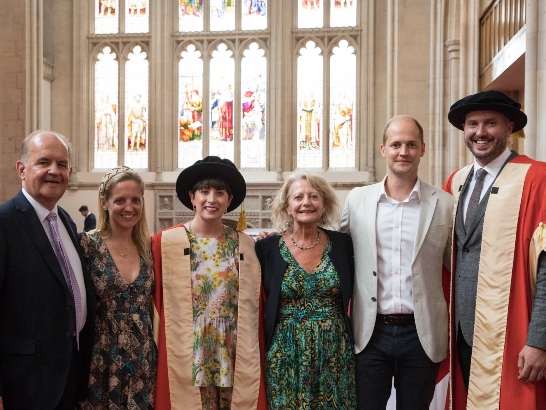
Dame Deborah James and You, Me and the Big C team awarded honorary doctorates by leading cancer research institute
Dame Deborah James, Lauren Mahon and Steve Bland awarded honorary degrees in recognition of their efforts to raise awareness of the impact of cancer on patients and their loved ones
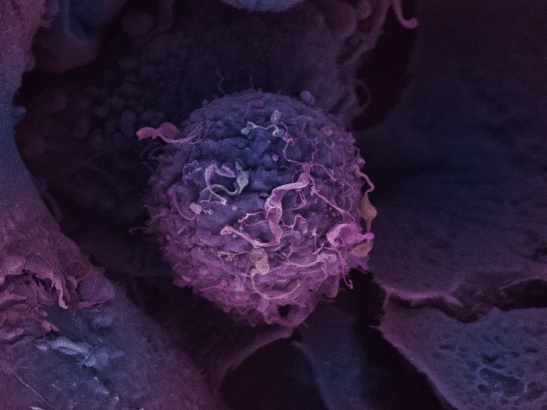
MHRA approves olaparib for high-risk, early-stage breast cancer
The Institute of Cancer Research, London, celebrates the news that the precision medicine olaparib has been approved by the UK regulator, the Medicines and Healthcare products Regulatory Agency (MHRA), for patients with high-risk, early-stage breast cancer and inherited faults in their BRCA1 or BRCA2 genes.
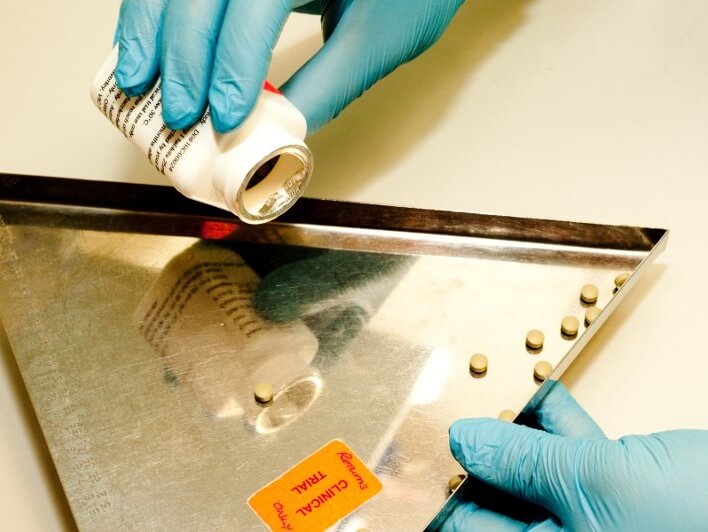
ICR criticises NICE rejection of olaparib for advanced prostate cancer
The Institute of Cancer Research, London, has expressed disappointment that NICE has confirmed its decision not to recommend olaparib for previously treated, hormone-relapsed metastatic prostate cancer.
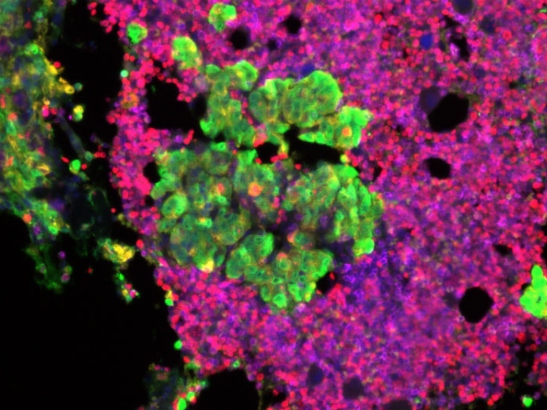
Long-term benefit of radiotherapy confirmed in advanced prostate cancer
Radiotherapy to the prostate alongside standard treatment can keep some men with advanced prostate cancer alive for longer without detriment to quality of life, long-term study results confirm.
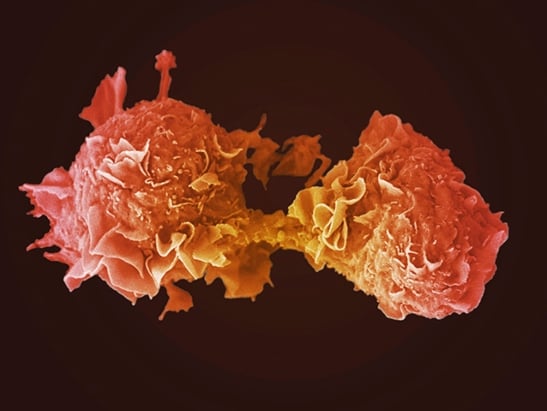
Immunotherapy drug combination stimulates immune system against resistant cancers
A combination treatment of immunotherapy with the experimental drug guadecitabine may reverse a cancer’s resistance to immunotherapy – making it sensitive to treatment again, a new study has found.
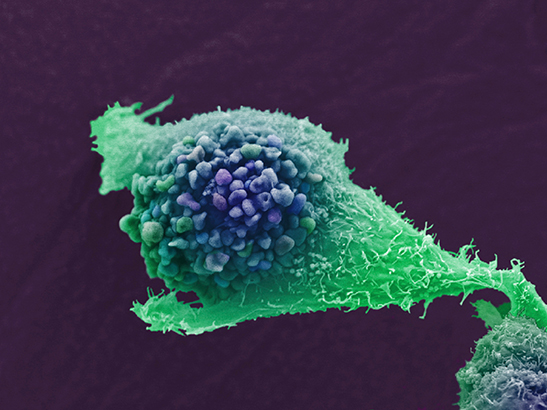
ICR welcomes MHRA approval of 'search and destroy' prostate cancer treatment
The Institute of Cancer Research, London, strongly welcomes the news that 177Lu-PSMA-617, a highly targeted radioactive drug, has been approved by the medicines regulator, the MHRA, for some patients with advanced prostate cancer.
